When it comes to maintaining oral health, both water flosser traditional floss are popular choices for cleaning between teeth. Each method has its strengths and weaknesses, and choosing the right one often depends on individual needs and preferences. As a water flosser factory, we’ll explore the pros and cons of each option, along with practical usage tips of water flosser to help you achieve optimal oral hygiene.
Efficient Cleaning:
Water flossers use a stream of pressurized water to remove plaque and debris. They are especially effective for individuals with braces, bridges, or implants. Studies show that water flossers can reduce bleeding gums and gingivitis more effectively than traditional floss in some cases.
Ease of Use:
Unlike traditional floss, which requires precision and manual dexterity, water flossers are user-friendly and can clean hard-to-reach areas with minimal effort.
Gentle on Gums:
For those with sensitive gums or dental work, water flossers provide a less abrasive cleaning method, minimizing discomfort.
Thorough Plaque Removal:
Traditional floss is highly effective at scraping plaque and debris off the surfaces of teeth, especially when used correctly.
Affordable and Portable:
Floss is inexpensive and easy to carry, making it a convenient option for maintaining oral hygiene on the go.
No Electricity Needed:
Unlike water flossers, traditional floss does not rely on batteries or charging, making it a dependable choice in any situation.
Water Flosser Cons:
Traditional Floss Cons:
1) 90s UVC sterilization function, make floss your teeth more hygienic;
2) 3 second gradual strengthening technology, easy and suitable for green hand;
3) Two water injection ports, easy and convenient to use;
4) Travel size but large capacity water tank, gravity ball design;
5) 3 different flossing modes, adjustable water pressure settings.

Both water flosser traditional floss have their advantages and drawbacks. While water flossers offer convenience and are ideal for individuals with special dental needs, traditional floss remains a cost-effective and reliable option for many. By understanding the unique benefits and limitations of each, and following expert usage tips of water flosser, you can choose the method that best fits your oral care routine and achieve a healthier, brighter smile. If you’re sourcing for water flosser for private labeling, don’t hesitate to contact Powsmart for a quote or sample test! https://www.powsmart.com/contact-us/
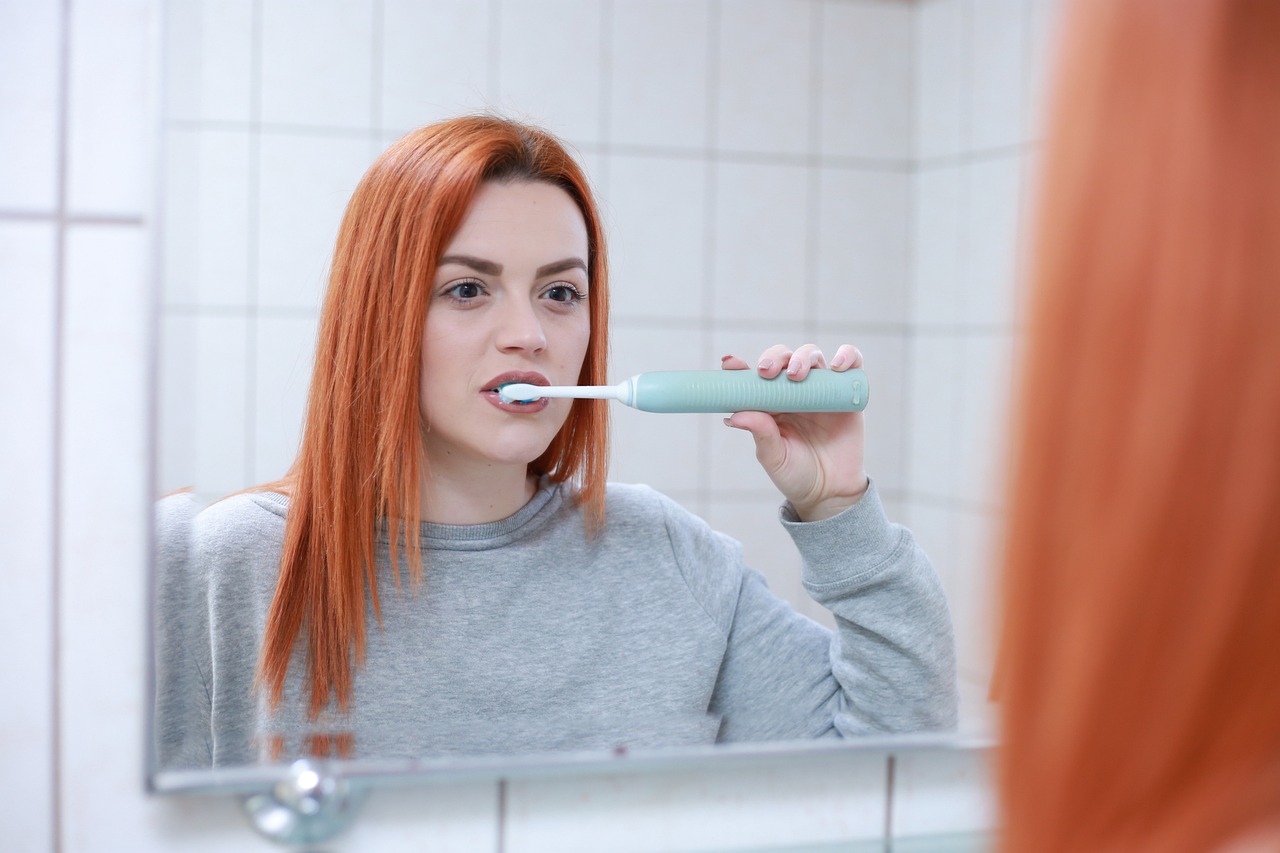
The Advantages and Current Usage of Electric Toothbrushes’ cleaning efficincy
.jpg)
LCD Sonic Toothbrush Supplier (5+1 Cleaning Modes)
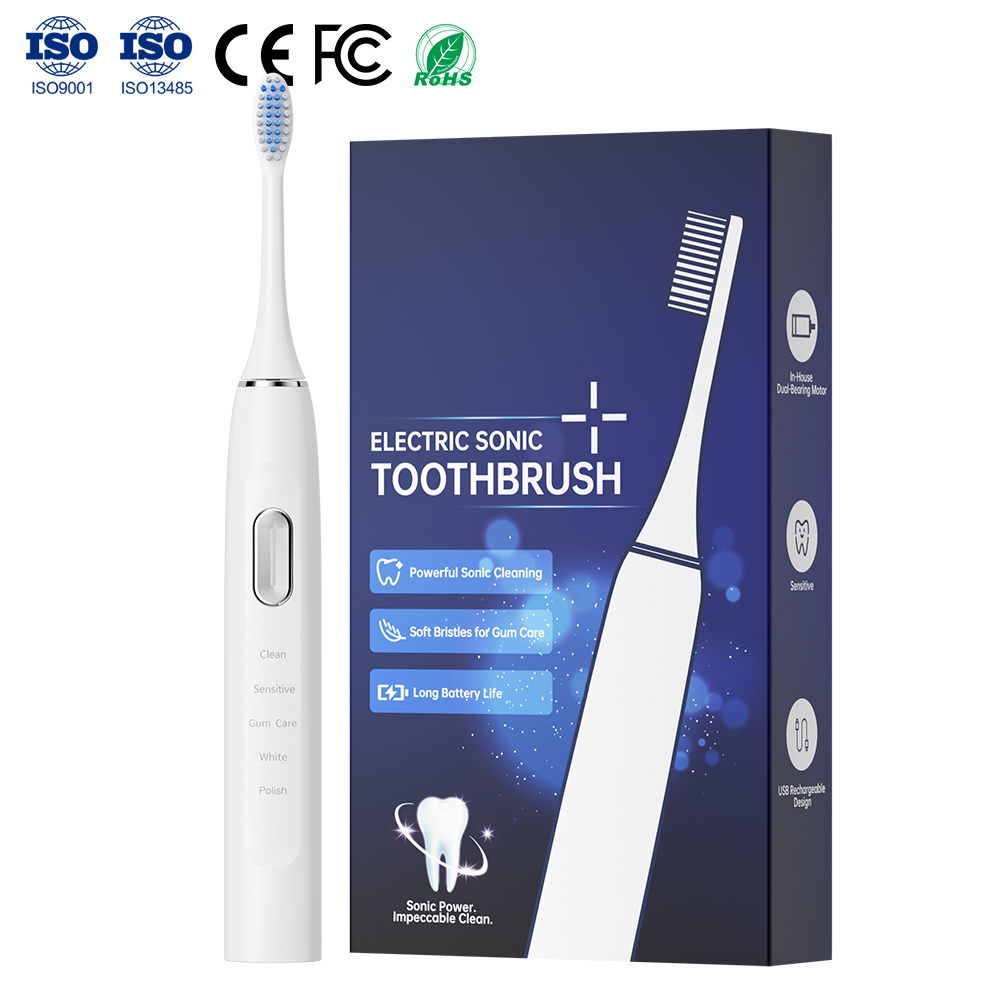
Why Market Orthodontic Oral Care Products Through a Dental Clinic Partnership Program?
.jpg)
dropshipping electric toothbrush USA
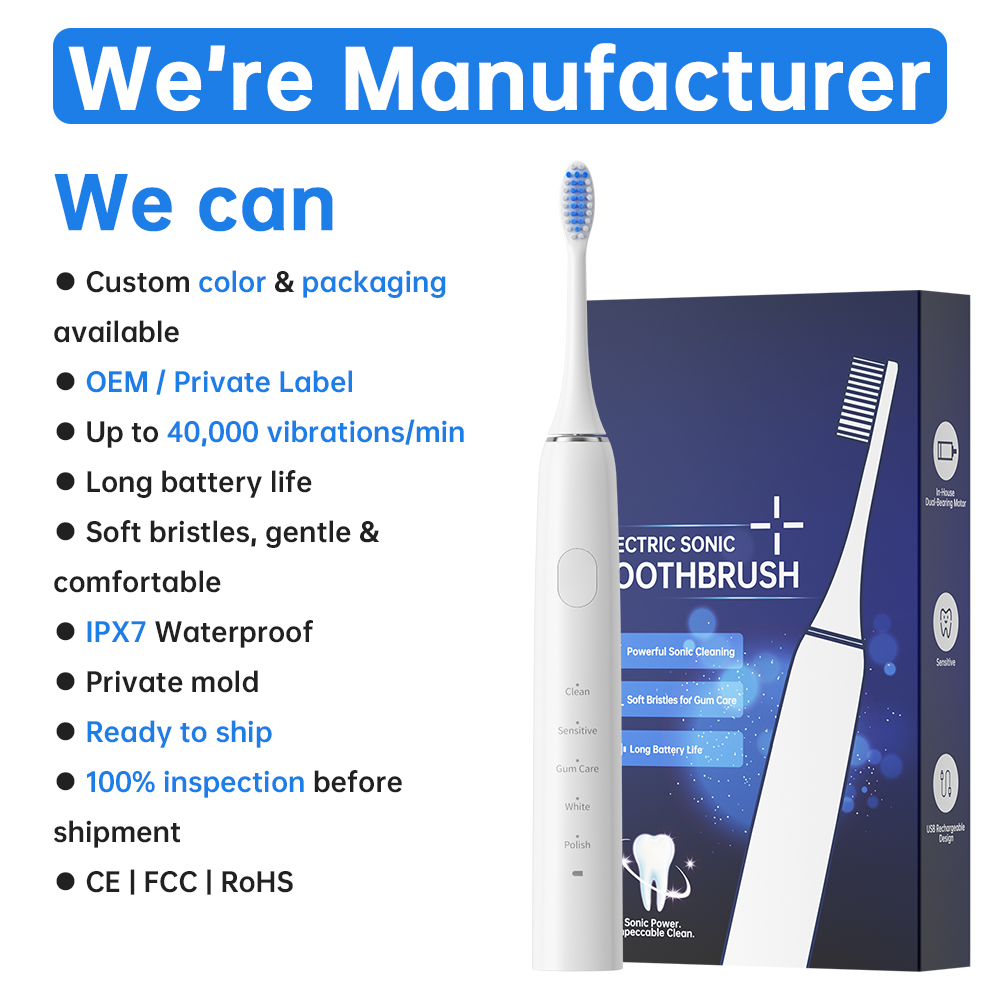
How does Pulse Water Technology enhance the effectiveness of an Orthodontic Jet Tip?
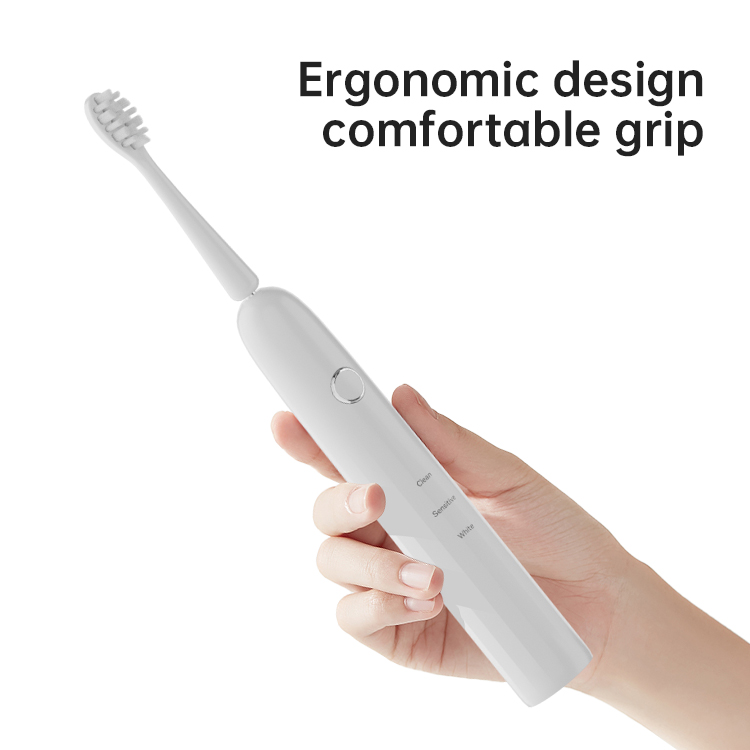
dental wholesale market NYC
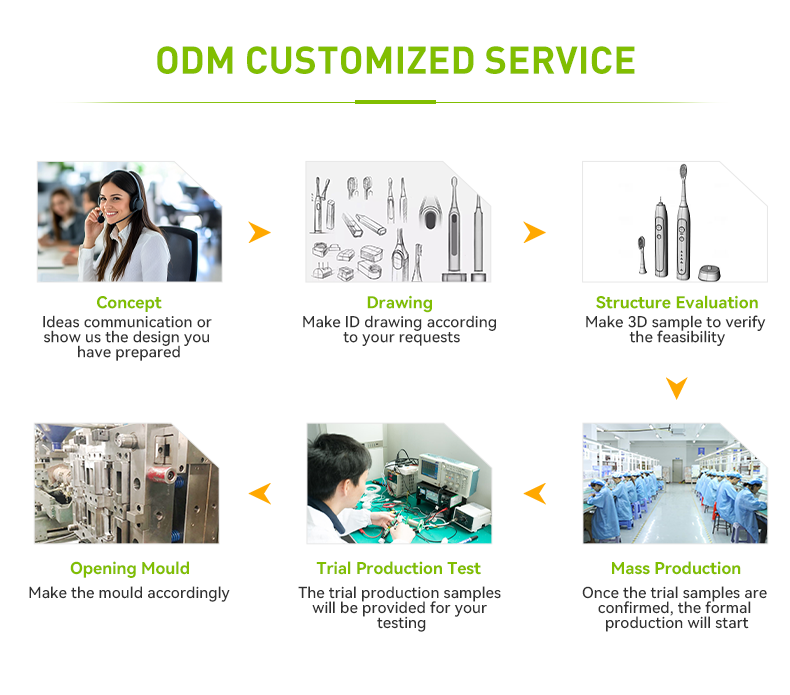
How Does a Waterproof IPX7 Solution Integrate with Ergonomic Custom Handle Design?
.jpg)
Powsmart Electric toothbrush Factory Hoover Alabama
.jpg)
Premium Electric Toothbrush OEM Service for High-End Oral Care Brands
.jpg)
Sonic Toothbrush Wholesale California: China Factory Supplier
.jpg)
LA sonic toothbrush B2B supplier
.jpg)
Massage Intelligent Pressure Sensor Sonic Electric Toothbrush
.jpg)
Massage Electric Toothbrush Supplier Wholesale Sales
.jpg)
OEM sonic toothbrush manufacturer San Francisco
.jpg)
Miami electric toothbrush wholesaler
.jpg)
electric toothbrush with replacement heads